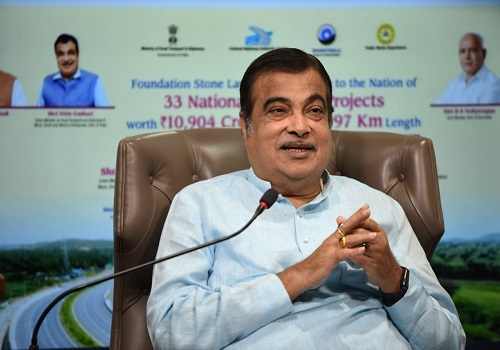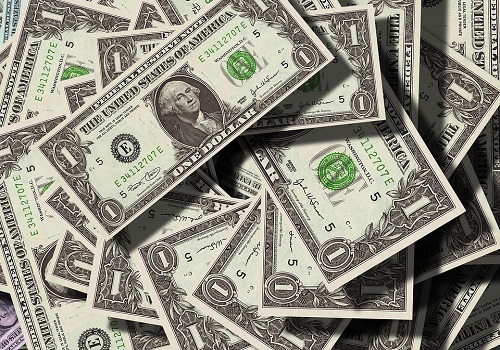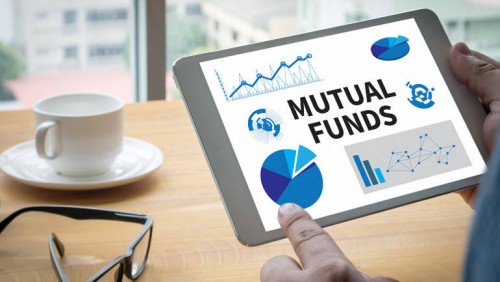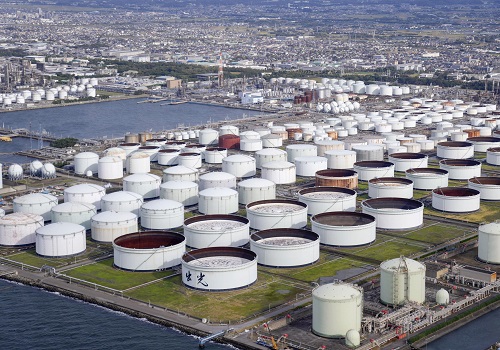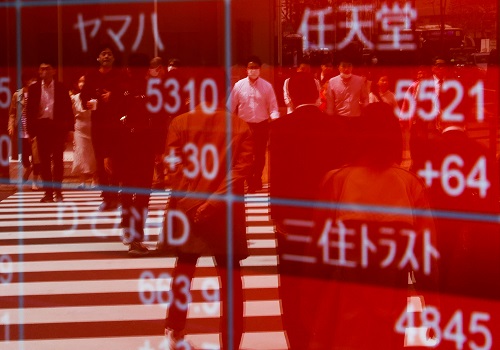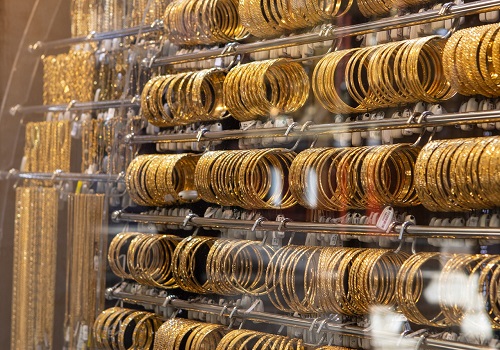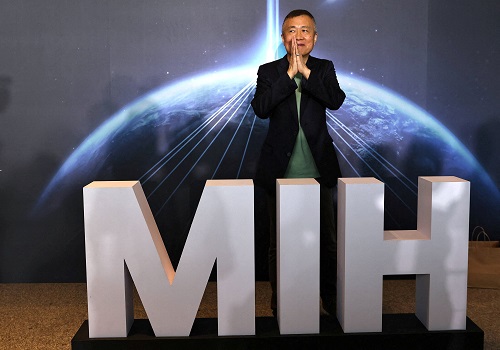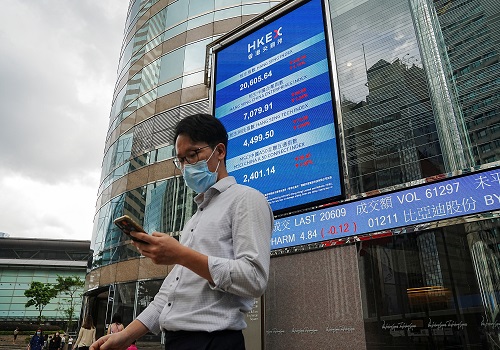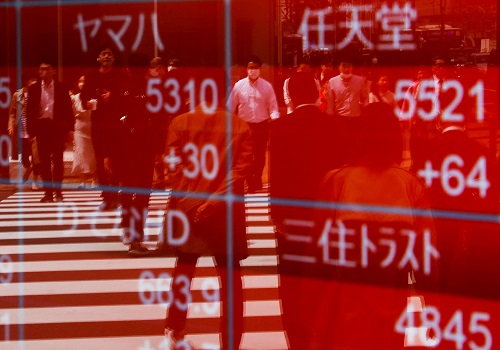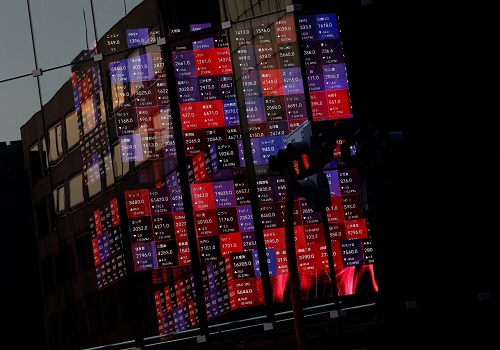Ukraine peace talks, China stimulus, U.S. rate rise prospects lift stocks, yields
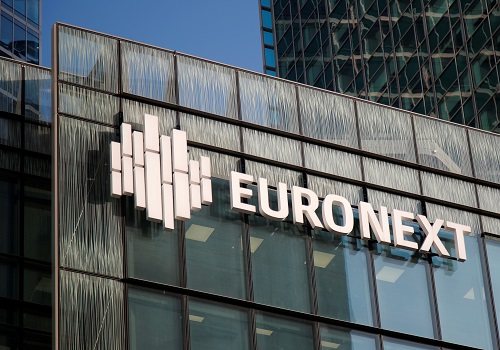
Follow us Now on Telegram ! Get daily 10 - 12 important updates on Business, Finance and Investment. Join our Telegram Channel
LONDON - Prospects of peace talks between Russia and Ukraine, Chinese stimulus and an imminent U.S. interest rate rise lifted stocks and U.S. Treasury yields on Wednesday.
Russia and Ukraine both emphasised new-found scope for compromise on Wednesday as peace talks were set to resume three weeks into a Russian assault that has failed to topple the Ukrainian government by force.
China's Vice Premier Liu He said Beijing will roll out more measures to boost the Chinese economy, as well as favourable policy steps for capital markets.
"There is some positive noise about the Ukraine conflict potentially moving towards compromise and then with Chinese indications that they will step in wherever necessary, Asian equities have really flown through the roof," said Seema Shah, chief strategist at Principal Global Investors.
Western governments have slapped tough sanctions on Russia for the invasion of Ukraine, which Moscow calls a "special operation".
"These sanctions probably are working, hopefully that will put some pressure on both sides to get around the table and negotiate," Gregory Perdon, co-chief investment officer at Arbuthnot Latham, said. He added that the invasion could dampen the pace of Fed rate hikes this year.
"I don't see this as a flash in the pan military conflict, it has resulted in a big shock to the oil market."
Investors are expecting the U.S. Federal Reserve to raise interest rates by at least 25 basis points amid surging prices later on Wednesday. Traders will also be closely watching the Fed for details on how it plans to end its bond-buying programme.
U.S. retail sales rose 0.3% in February, data showed on Wednesday, as more expensive gasoline and food forced households to cut back spending on other goods, which could restrain economic growth this quarter.
S&P futures rallied 1.1%, indicating a strong open on Wall Street.
The MSCI world equity index also rose 1.1%, moving away from one-year lows hit in the previous session. European stocks gained 2.65%.
MSCI's broadest index of Asia-Pacific shares outside Japan jumped 4.2% after Liu's comments, which also sent Hong Kong shares up 9%.
Citi's Asia-Pacific trading strategist in Hong Kong, Mohammed Apabhai, likened the moment to the Federal Reserve's market backstop in 2020 or then-European Central Bank chief Mario Draghi's "whatever it takes" speech that staunched the euro zone crisis in 2012.
"It's not quite of that order of magnitude, but it's not that far away either," he said.
Chinese stocks were up 4.3%.
U.S. 10-year Treasury yields rose to 2.204% on the Fed rate hike expectations, their highest since June 2019. The five-year yield rose to 2.149%, its highest since May 2019.
Germany's 10-year government bond yield rose to its highest since Nov. 2018 at 0.403%.
Russia has $117.2 million in interest payments due on two dollar-denominated Eurobonds on Wednesday. Its finance ministry has said it will make the payments in roubles if sanctions prevent it from paying in dollars - a move markets would view as a default.
The ball is in the United States' court as to whether the payments will go through, and Washington should clarify whether the settlements are possible, Russian Finance Minister Anton Siluanov said.
The U.S. dollar was down 0.29% against a basket of peers, trading at 98.647, and steady versus the yen at 118.32, albeit close to the previous session's five-year high.
Japan reported a wider-than-expected trade deficit in February as an energy-driven surge in import costs caused by massive supply constraints added to vulnerabilities for the world's third-largest economy.
The euro gained 0.35% to $1.0989.
Oil prices have been volatile since the Ukraine invasion.
Global benchmark Brent crude rose 0.43% to $100.31 per barrel, and U.S. crude added 1.12% to $97.50. [O/R]
Spot gold was up 0.16% at $1,920.38 per ounce. [GOL/]













